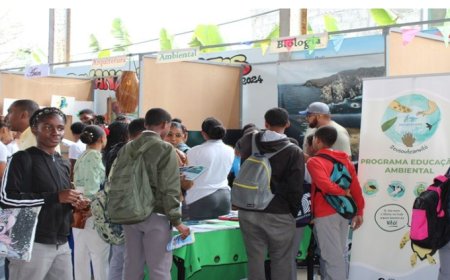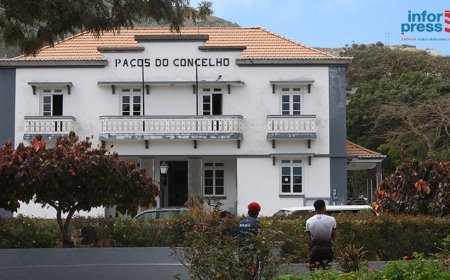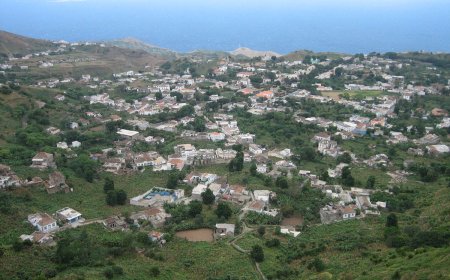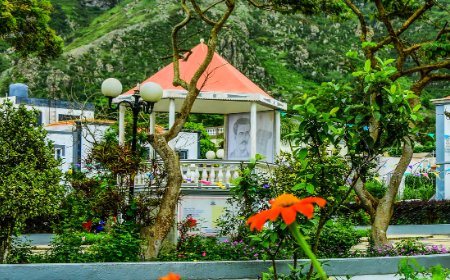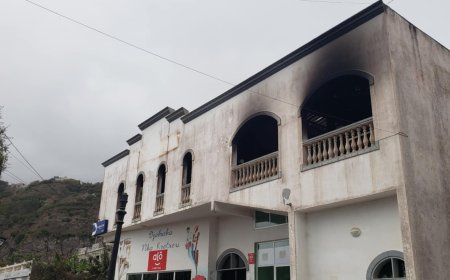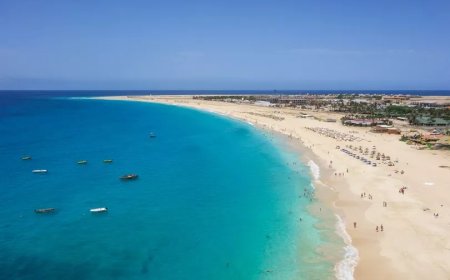Ilha Brava, the age-old question of transport or lack thereof, isolation, loss of population and systemic and chronic landlocking
the systemic and chronic landlocking….Isla Brava, a hidden treasure in the Cape Verdean archipelago, has been fighting for a long time against an invisible but powerful adversary: the lack of an adequate transport system. The inability to establish reliable sea and air transport connections has resulted in a detrimental isolation for the island. In addition, this lack contributes to the constant loss of population, economic gridlock and a noticeable delay in relation to other islands in the country. This article explores the many ramifications of this problem and the complexities surrounding the issue of transportation on Ilha Brava.
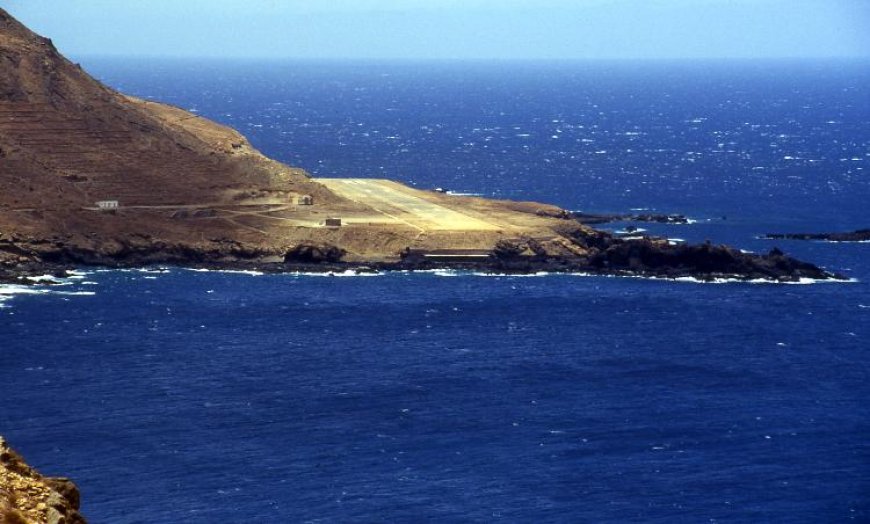
Isolation and Population Loss -
The geographic isolation of Ilha Brava is a daily battle for its inhabitants. With the lack of an efficient transport system, traveling to and from the island becomes a challenging and costly task. The result is a cycle of isolation that keeps Ilha Brava away from the benefits of socioeconomic development. The lack of job opportunities, education and quality health care lead many young people to leave the island in search of a better life in other parts of the country or even abroad. This not only leads to population loss, but also leaves a void in many sectors.
Economic Lockdown and Delay in Development -
Transport is a vital artery of the economy. Ilha Brava, however, struggles to export its local products and import essential goods due to the lack of an effective transportation system. The potentially productive agricultural sector is hampered by the challenge of getting products to foreign markets. Furthermore, tourism, an industry that has driven the development of other Cape Verdean islands, faces insurmountable obstacles. The inability to receive tourists due to lack of accessibility creates a vicious circle that hinders investment in this promising sector.
Unviable Airport and Strangled Tourist Flow -
Hopes for an airport to alleviate transportation challenges on Ilha Brava have been met with considerable barriers. Studies have pointed to the impracticability of this undertaking, leaving the island once again tied to transportation limitations. The flow of tourists, which could bring an economic boost, is strangled by the lack of transport options. The lack of direct flights discourages visitors, negatively impacting the tourism sector and the local economy.
Planning Challenges for Emigrants -
The Cape Verdean diaspora is an undeniable reality. Many Brava emigrants face challenges in planning their return trips. The lack of reliable transportation makes it difficult for them to visit their families and homeland regularly. This not only undermines family ties, but also limits the emigrants' contribution to the development of Ilha Brava.
Conclusion
The issue of lack of transport to Ilha Brava is a crisis that goes far beyond simple logistics. It has a profound impact on isolation, population loss, economic gridlock and development delay. Challenges related to the viability of an airport and bottlenecks in the flow of tourists further exacerbate these problems. Overcoming these obstacles requires a multidimensional approach, with investments in infrastructure and creative solutions. Only when Ilha Brava is more efficiently connected to the rest of the world can it unlock its full potential and walk a path of sustainable development.
Moses Santiago















